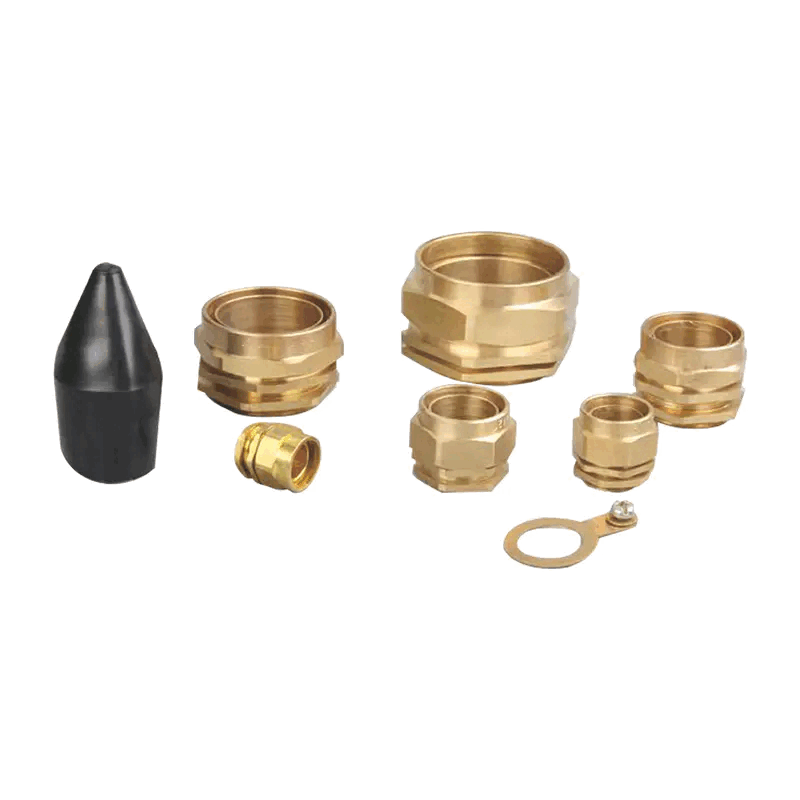Building Tough Cable Splices: Choosing the Right Waterproof Materials

The materials used in the construction of waterproof cable splices—such as rubber, silicone, and plastic—offer a combination of sealing, durability, and protection that is essential in maintaining the integrity of electrical connections exposed to water. Whether used in marine, industrial, or outdoor applications, these materials help ensure that waterproof cable splices provide the reliability and performance needed to keep electrical systems running smoothly, no matter the environmental conditions. The versatility and effectiveness of these materials in waterproof cable splices make them indispensable for a wide range of applications.
Patrocinado
Pesquisar
Patrocinado
Categorias
- Business
- Research
- Energy
- Art
- Causes
- Tech
- Crafts
- crypto
- Dance
- Drinks
- Film
- Fitness
- Food
- Jogos
- Gardening
- Health
- Início
- Literature
- Music
- Networking
- Outro
- Party
- Religion
- Shopping
- Sports
- Theater
- Wellness
Leia Mais
Colonoscopy singapore
Colonoscopy singapore
Debunking the Top 5 Myths About Colonoscopiescolonoscopy
Are you avoiding...
Cardiomyopathy Market Size, Share, Trends, Demand, Growth and Competitive Analysis
"Detailed Analysis of Executive Summary Cardiomyopathy Market Size and Share
The Global...
Insulin Market for Type 1 And Type 2 Diabetes Market Companies: Growth, Share, Value, Size, and Insights
"Executive Summary Insulin for Type 1 And Type 2 Diabetes Market Size and Share: Global...
Hyaluronic Acid (HA) Raw Material Market Report Explores Emerging Trends and Investment Potential
United States of America – 15-Dec-2025 – The Insight Partners is proud to announce...
Global Torpedo Market Trends and Industry Outlook: Forecast 2026–2035
Technological innovation is reshaping the Torpedo Market, enabling navies to deploy more...
Patrocinado


